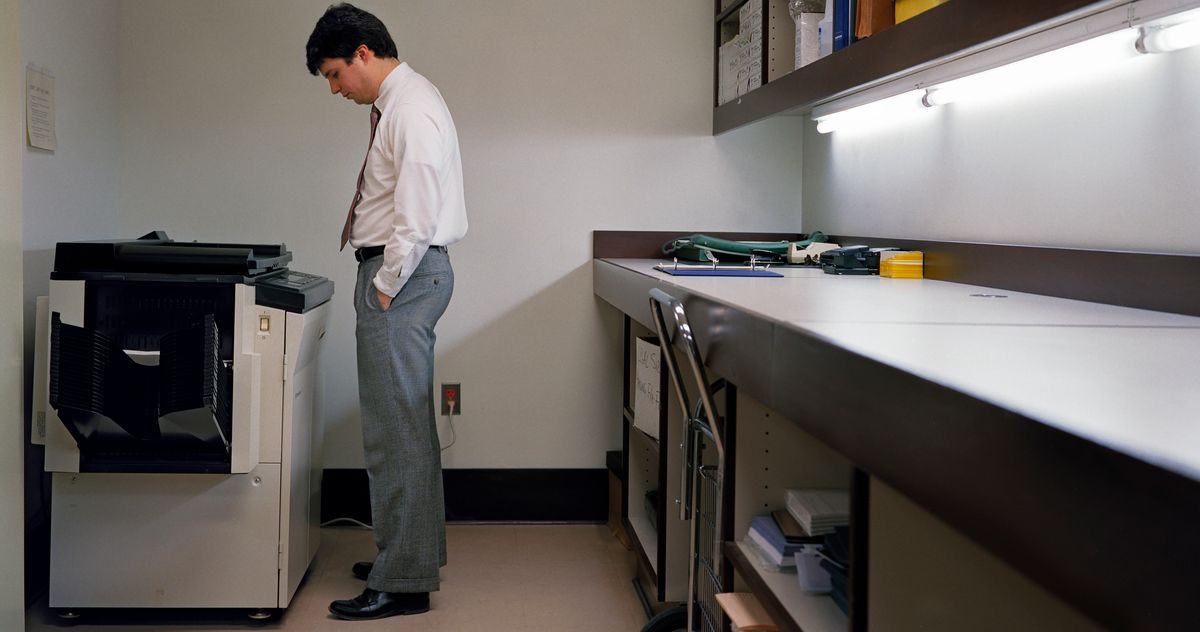
"King worked with engineers at PwC and OpenAI to customize teams of autonomous AI systems, called agents, for Fortune 500 companies. Normally, multinational companies contract thousands of people to modernize their backend software. Home Depot, for example, might enlist an army of consultants to update inventory or its SAP accounts-payable processes. Recently, though, AI agents have gotten pretty good at that kind of work."
"P-dubs, as King calls it, expected a lot from its workers. King put in 80-hour weeks, which kept the 26-year-old from going out on weekends. But he made six figures and lived in a one-bedroom high above Hudson Yards in a building with a pretty nice gym, where he sometimes took camera-off meetings while doing pull-ups. "I was a meat slave," he says, "and it was kind of a dream job.""
"The goal was to help clients "do more with less," as King's bosses reminded him, by automating whatever task they threw at his team. Occasionally, when King lingered on the downstream effects of his work, he felt like Dr. Frankenstein looking at his monster. "There was a sense of awe and then it's kind of shock and fear and almost a disgust," he says."
Donald King graduated from the University of Texas at Austin in 2021 and joined PwC as an associate, later moving to the Global AI Factory as a data scientist after a company AI investment in 2024. He collaborated with PwC and OpenAI engineers to create autonomous AI agents that automate backend modernization tasks for Fortune 500 clients, replacing large consultant teams. He worked long hours, earned a six-figure salary, and lived in NYC amenities while feeling conflicted about the downstream effects. Leadership emphasized "do more with less" by automating client tasks, producing both efficiency gains and moral unease.
Read at Intelligencer
Unable to calculate read time
Collection
[
|
...
]